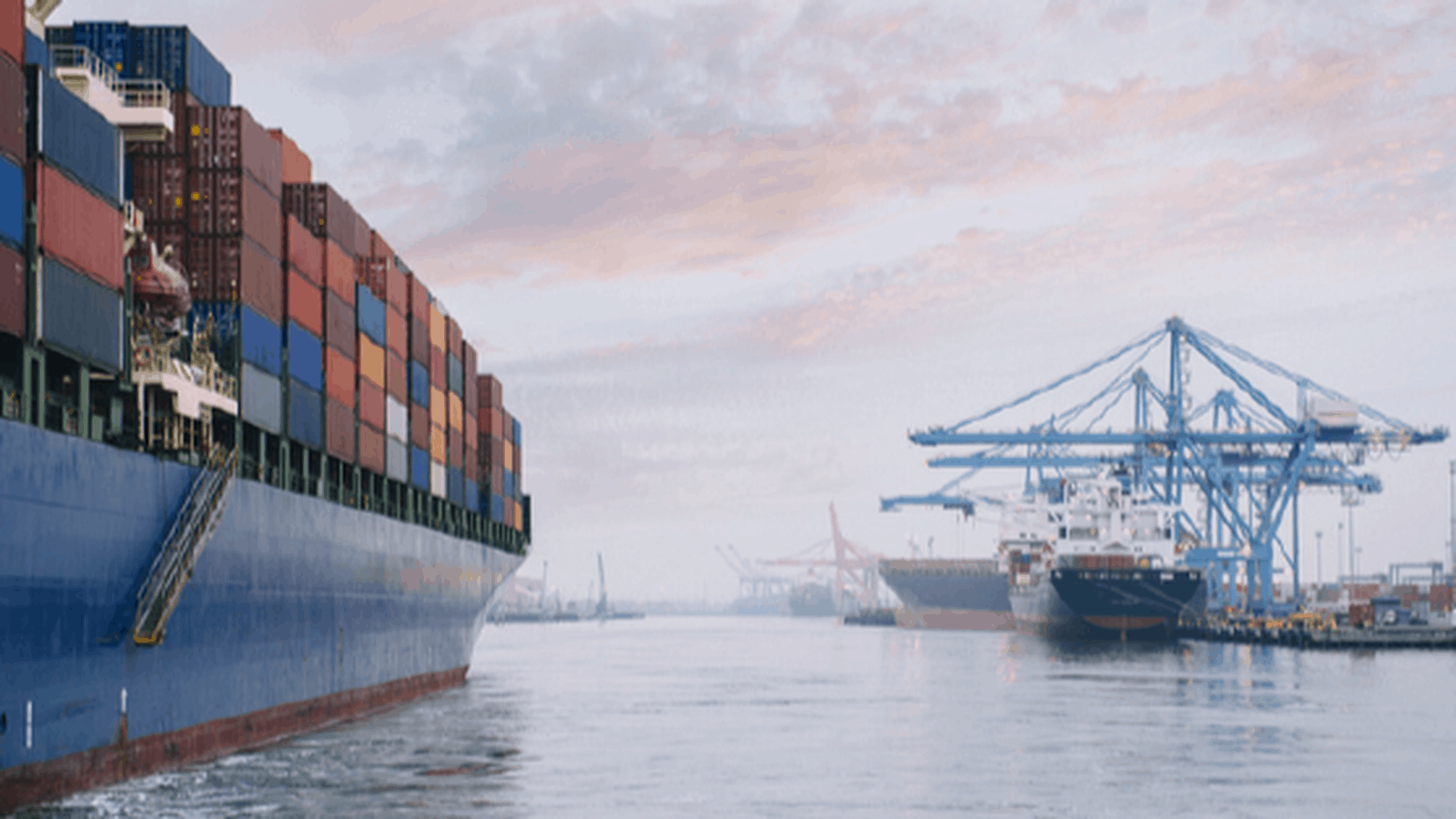Why Trade Promotion Authority Matters

While Americans have largely focused in recent months on the recovery and renewal of our domestic economy, manufacturers also recognize the critical importance of global markets for their success. That makes trade agreements incredibly important—and underscores the urgency of renewing Trade Promotion Authority, a current focus of the NAM.
We recently spoke to NAM Vice President of International Economic Affairs Ken Monahan about this essential issue.
What it is: Trade Promotion Authority is a legislative framework between Congress and the executive branch that details the priorities and consultative process for U.S. trade negotiations. Essentially, said Monahan, Congress lays out its trade negotiation objectives and oversight obligations in TPA legislation, and in exchange, the president is able to negotiate trade agreements that will ultimately receive an up or down vote in Congress.
Why it matters: TPA can help ensure that new trade deals will reflect the priorities of manufacturers in the United States, said Monahan. With 95% of consumers living outside U.S. borders, and with more than 6 million U.S. manufacturing jobs depending on exports, trade agreements are needed to give manufacturers access to other markets on the right terms.
- “From a business perspective, having a TPA that reflects the priorities of manufacturers on the front end is vitally important,” said Monahan. “We are urging the Biden administration to prioritize a robust trade agenda that will open markets with countries with which we don’t already have agreements.”
- “We’re rightly focused on the domestic market, including through our support for the infrastructure package moving through Congress, but manufacturers also need to be able to compete overseas and access markets around the world.”
Where we are: To date, the Biden administration hasn’t detailed a strategy for the negotiation of new trade agreements. TPA was last passed by Congress in 2015, but that authority expired at the end of June.
What manufacturers want: Last year, the NAM laid out manufacturers’ priorities for trade agreements in comments submitted to the U.S. International Trade Commission. “In broad strokes, manufacturers want four things with respect to trade agreements,” said Monahan.
- “First, reverse unfair trade barriers that impede our ability to export.”
- “Second, protect intellectual property through technology leadership and innovation.”
- “Third, raise global standards to ensure a level playing field and ensure that other countries have standards that are consistent with ours.”
- “And fourth, codify respect for the rule of law and the pivotal role of free markets around the world.”
What the NAM is doing: The NAM has been leading the charge on TPA, ramping up engagements in recent weeks with members of Congress and the Biden administration. Most recently, NAM President and CEO Jay Timmons called on President Biden to work with Congress without delay to renew TPA.
The last word: “The United States needs to be back in the game,” said Monahan. “Our trading partners are negotiating agreements among themselves that are excluding the United States. Manufacturers need to access new markets. We need more exports that support good-paying jobs. And in order to accomplish that, we need to get off the sidelines and negotiate new trade agreements that will support growth here at home by reducing barriers faced by manufacturers around the world.”
